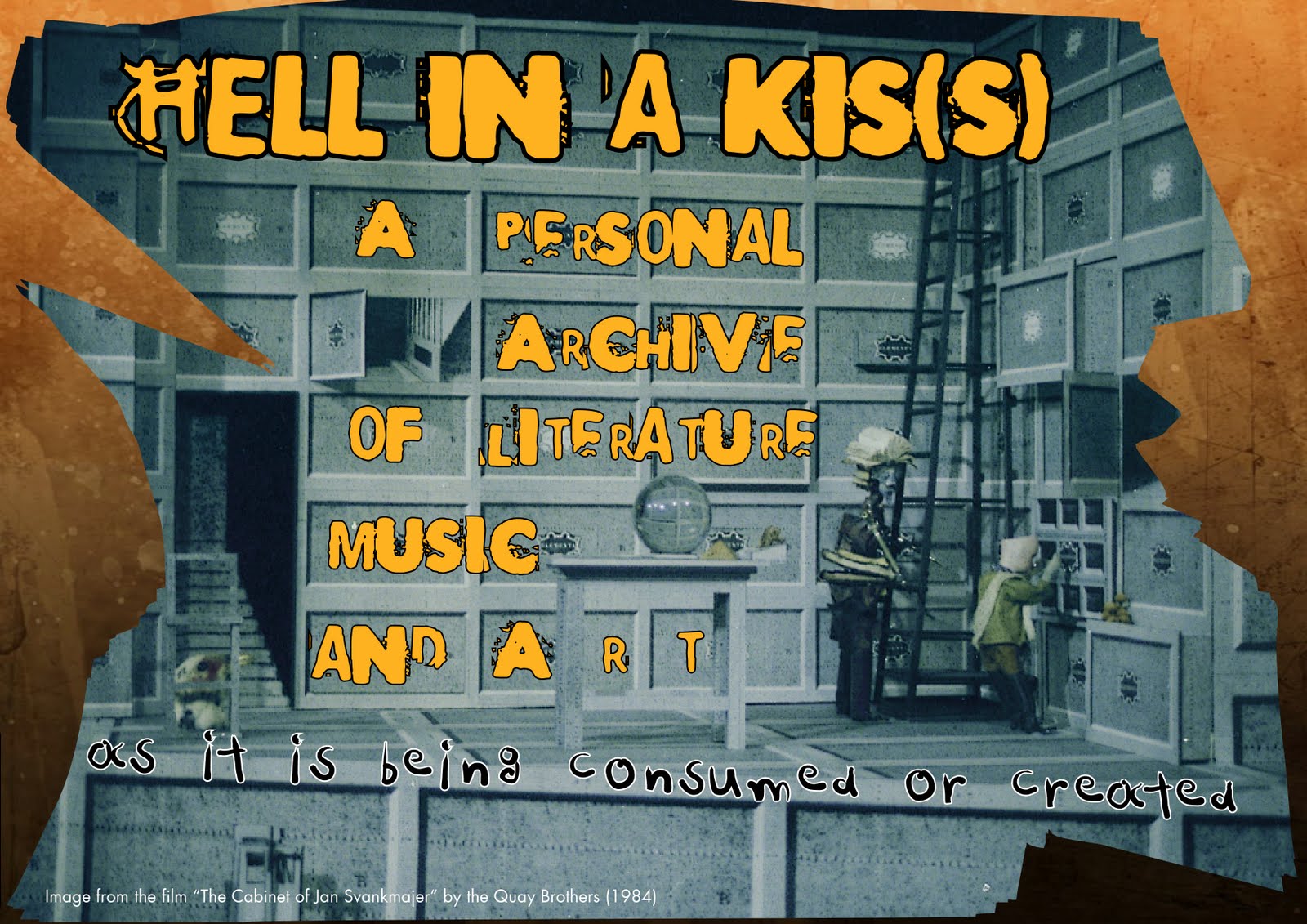
"…
- Ah, little lad, you're staring at my fingers. Would you like me to tell you the little story of Right-hand, Left-hand? The story of good and evil.
H-A-T-E.
It was with this left hand that old Brother Cain struck the blow that laid his brother low.
L-O-V-E.
See these fingers, dear hearts? They has veins that run straight to the soul of man. The right hand, friends. The hand of love. Now watch and I'll show you the story of life.
These fingers is always a-warring and a-tugging, one agin t'other.
Now watch 'em. Old Brother Left-hand. Left-hand hates a-fighting. And it looks like Love's a goner.
But wait a minute!
Hot dog! Love's a-winning. Yes, sirree. It's Love that won.
And old Left-hand Hate is down for the count.…"
In 1955 the film "Night of the Hunter" hit the cinema screens in the United States. It was to be the only film in which Charles Laughton would stand behind the camera as a director and not in front of the camera as an actor. Robert Mitchum was perfectly cast in the role of the sinister "Reverend" Harry Powell.
In many films Mitchum comes across as someone difficult to decipher. You're not sure if he is a flawed good guy or a sympathetic bad guy. In "Night of the Hunter" this ambiguity is still there, at least in the beginning of the film. But something is seriously wrong. Appearances seem completely deceptive and as the story unfolds you feel trapped in this black and white idyllic tale that transforms into a nightmare. The film is remarkable because it has this certain dream feel quality to it. The expressionistic angles, the light and the studio confined artificiality of the scenes, contribute to create archetype landscapes and situations such as those found in some sinister fairytale which had scared us when we were young and innocent.
The glorious black and white photography was the work of Stanley Cortez who had shot Orson Welles' The Magnificent Ambersons in 1942 and later was responsible for the cinematography of Samuel Fuller's Shock Corridor.
When the film came out it left critics puzzled and was completely ignored by the public. Today, "Night of the Hunter" is rightly acknowledged as one of the masterpieces of 50s American cinema. So if its not entirely clear in your mind, press play and let Robert Mitchum explain to you the difference between Ying and Yang. Love and hate. Good film, bad film.



